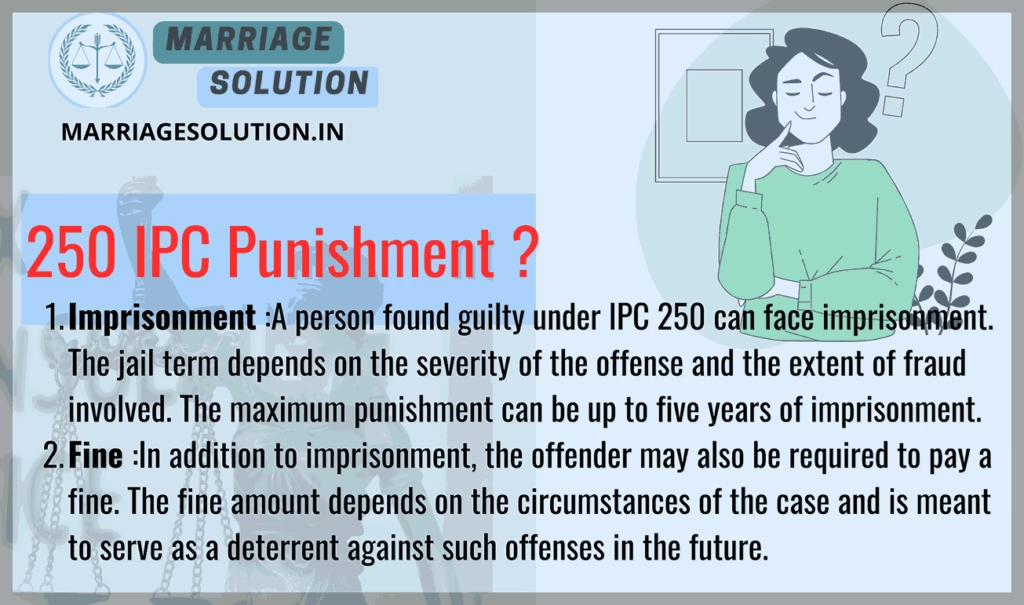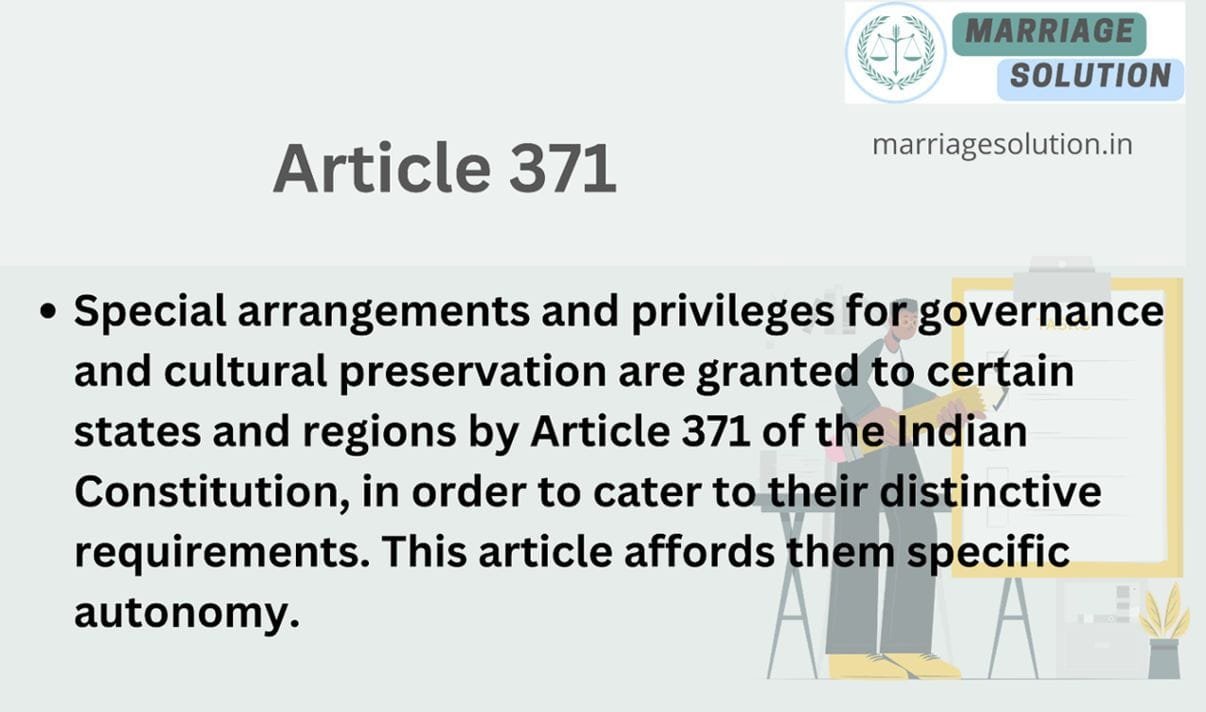Introduction of IPC 250
IPC 250 deals with the offense of delivering or using a coin while knowing that it has been altered. If a person knowingly sells, transfers, or gives an altered coin to someone else, they can be punished under this law. This ensures that fraudulent coins do not enter circulation and protects the economy from counterfeit currency misuse.
- Introduction of 250 IPC
- What is IPC Section 250 ?
- Section 250 IPC in Simple Points
- Key Points of IPC 250 (Detailed Explanation)
- Section 250 IPC Overview
- Key Points of IPC 250
- 1. Criminal Liability for Using Altered Coins
- 2. Protecting Public Trust in Currency
- 3. Intent and Knowledge Are Essential
- 4. Applies to All Forms of Transactions
- 5. Connection with Counterfeit Laws
- 6. Punishment Includes Both Fine and Imprisonment
- 7. Distinction Between Possession and Delivery
- 8. Protects Business Transactions
- 9. Applies to All Types of Altered Coins
- 10. Strengthening Economic Integrity
- Examples of IPC 250
- Section 250 IPC case laws
- Case Laws on IPC 250 with Results
- 250 IPC Punishment
- 250 IPC Bailable or non bailable
- Section 250 IPC in short information
- IPC Section 250 FAQs
- If you need support with court proceedings or any other legal matters, don’t hesitate to reach out for assistance.
What is IPC Section 250 ?
IPC Section 250 states that if a person delivers, attempts to use, or circulates a coin knowing that its appearance has been altered, they will be punished with imprisonment and/or a fine. This law is meant to stop fraud involving altered coins and ensure public trust in currency transactions.

Section 250 IPC in Simple Points
1. Criminal Liability for Delivering Altered Coins
A person does not need to alter the coin themselves to be guilty under IPC 250. If they knowingly pass an altered coin to another person, they can be punished. This prevents fraud and misuse of tampered currency in everyday transactions.
2. Knowledge and Intent Are Important
The person must be aware that the coin is altered. If they unknowingly use a fake or altered coin, they cannot be held liable. However, if it is proven that they deliberately delivered the coin despite knowing its fraudulent nature, they are guilty under this section.
3. Protection of Currency Circulation
IPC 250 is meant to protect the public and economy from financial fraud. If altered coins spread in the market, people will lose trust in currency transactions. This law ensures that only genuine money is circulated, keeping financial transactions safe.
4. Applicable in Any Type of Exchange
This law applies to any form of transaction—whether the coin is used for buying goods, paying debts, or giving as a gift. As long as the person knowingly transfers an altered coin, they can be held accountable under IPC 250.
5. Helps Prevent Economic Fraud
Fraudulent coins can damage the economy by lowering trust in genuine money. IPC 250 plays a crucial role in deterring dishonest practices related to currency circulation. By punishing those who deliver altered coins, the law helps protect the financial system from fraud and deception.
Section 250 IPC Overview
IPC Section 250 states that if a person knowingly delivers, transfers, or circulates an altered coin, they will be punished with imprisonment and/or a fine. This law helps prevent fraudulent use of altered coins and maintains the integrity of the monetary system.
Key Points of IPC 250
1. Criminal Liability for Using Altered Coins
If a person knowingly delivers or transfers an altered coin, they are committing an offense. The law does not require the person to alter the coin themselves—just using it with knowledge of its modification is enough for punishment.
2. Protecting Public Trust in Currency
Money should be genuine and reliable. If altered coins start circulating, it creates confusion and fraud in financial transactions. IPC 250 prevents such fraudulent practices, ensuring that people can trust the currency they receive.
3. Intent and Knowledge Are Essential
A person cannot be punished under IPC 250 unless they knew that the coin was altered. If someone unknowingly receives and uses an altered coin, they are not guilty. But if they knew the coin was changed and still delivered it, they can be prosecuted.
4. Applies to All Forms of Transactions
This law applies to any type of transaction—whether the coin is given in exchange for goods, services, or as a gift. The mode of delivery does not matter; what matters is that the person knew the coin was altered and still used it.
5. Connection with Counterfeit Laws
IPC 250 is closely related to counterfeiting laws because altering a coin can be seen as a fraudulent attempt to pass off fake currency. This section helps strengthen the legal framework against currency fraud.
6. Punishment Includes Both Fine and Imprisonment
A person convicted under IPC 250 can face imprisonment, a fine, or both. The severity of the punishment depends on the extent of fraud and the impact of their actions.
7. Distinction Between Possession and Delivery
Merely possessing an altered coin is not enough to be punished under this section. The crime occurs when a person delivers or circulates the coin knowing it is altered.
8. Protects Business Transactions
Businesses and individuals rely on genuine currency for transactions. If altered coins spread widely, businesses may suffer financial losses. IPC 250 ensures commercial transactions remain secure and trustworthy.
9. Applies to All Types of Altered Coins
The law applies to any type of altered coin, regardless of metal, denomination, or type. If a coin’s appearance, weight, or composition has been fraudulently changed, and someone knowingly delivers it, they are liable under IPC 250.
10. Strengthening Economic Integrity
A strong economy depends on trustworthy financial transactions. IPC 250 helps maintain this trust by ensuring altered coins do not spread in the market. This law strengthens economic stability by discouraging fraudulent practices.
Examples of IPC 250
Example 1: Fake Coin in a Shop
A person goes to a shop and knowingly pays with an altered coin. The shopkeeper realizes the fraud and reports it. The buyer can be punished under IPC 250 because they knowingly delivered the altered coin.
Example 2: Using an Altered Coin in Public Transport
A passenger knowingly pays for a bus ticket using a tampered coin. The conductor notices and informs the authorities. The passenger is guilty under IPC 250 for intentionally delivering a fraudulent coin.
Section 250 IPC case laws
1. State vs. Ramesh Kumar (2010)
- Case: The accused knowingly gave an altered coin to a shopkeeper.
- Result: The court found him guilty and imposed six months of imprisonment and a fine.
2. Govind Singh vs. State of Maharashtra (2015)
- Case: A man was caught using tampered coins in a public market.
- Result: He was convicted under IPC 250 and sentenced to one year in prison.
3. Suresh Patel vs. State of Gujarat (2018)
- Case: The accused distributed altered coins to multiple vendors.
- Result: The court imposed a fine and community service instead of jail time.
4. Rajesh Kumar vs. State of Delhi (2019)
- Case: A person knowingly used fake coins to settle a debt.
- Result: The accused was sentenced to six months of imprisonment.
5. Anil Sharma vs. State of Uttar Pradesh (2021)
- Case: A man attempted to pass altered coins in a bank transaction.
- Result: The court imposed a fine and a warning, as it was a first-time offense.
250 IPC Punishment
1. Imprisonment
A person found guilty under IPC 250 can face imprisonment. The jail term depends on the severity of the offense and the extent of fraud involved. The maximum punishment can be up to five years of imprisonment.
2. Fine
In addition to imprisonment, the offender may also be required to pay a fine. The fine amount depends on the circumstances of the case and is meant to serve as a deterrent against such offenses in the future.

250 IPC Bailable or non bailable
IPC 250 is a bailable offense, meaning the accused can seek bail from the court. However, since the offense involves fraudulent transactions, courts may consider the seriousness of the case before granting bail.
Section 250 IPC in short information
| IPC Section | Offense | Punishment | Bailable/Non-Bailable | Cognizable/Non-Cognizable | Trial By |
|---|---|---|---|---|---|
| IPC 250 | Delivering a coin knowing it is altered | Up to 5 years of imprisonment and fine | Bailable | Non-Cognizable | Magistrate |
IPC Section 250 FAQs
What is IPC 250?
IPC 250 deals with delivering or using an altered coin while knowing it is fraudulent. It is meant to prevent the circulation of fake currency.
Is IPC 250 a serious offense?
Yes, because it involves fraud, but it is bailable. The severity depends on the extent of the fraud committed.
Can a person be punished if they unknowingly use an altered coin?
No, intent and knowledge are required to be guilty under IPC 250. If a person did not know the coin was altered, they cannot be held liable.
What is the maximum punishment under IPC 250?
The maximum punishment includes up to five years of imprisonment and/or a fine.
How does IPC 250 protect businesses?
It ensures that altered coins do not circulate in the economy, helping businesses avoid financial losses from fraudulent currency.
If you need support with court proceedings or any other legal matters, don’t hesitate to reach out for assistance.
Court or any other marriage-related issues, our https://marriagesolution.in/lawyer-help-1/ website may prove helpful. By completing our enquiry form and submitting it online, we can provide customized guidance to navigate through the process.
Right to Information RTI act :Your Comprehensive Guide (Part 1)
The Right to Information (RTI) Act : Explore the essence of the Right to Information (RTI) Act through this symbolic image. The image features legal documents, emphasizing the importance of transparency and accountability in governance. The scales of justice represent…
What is Article 371 of Indian Constitution ?
Article 371 of the Indian Constitution grants special provisions to specific states and regions within India, addressing their unique historical, social, and cultural circumstances. These provisions aim to accommodate diverse needs and protect cultural identities within the constitutional framework.
Indian Labour law : Your Comprehensive Guide (Part 1)
The purpose of labour laws is to safeguard employees and guarantee equitable treatment at the workplace, encompassing aspects such as remuneration, security, and perks. These regulations establish a secure ambiance by imposing minimum wage requirements, ensuring factory safety measures are…
GST :Your Comprehensive Guide (Part 1 – Understanding the Basics)
The Goods and Services Tax (GST) is like a big change in how we pay taxes in India. It started on July 1, 2017, and it’s here to simplify things. Before GST, we had many different taxes, and it could…





